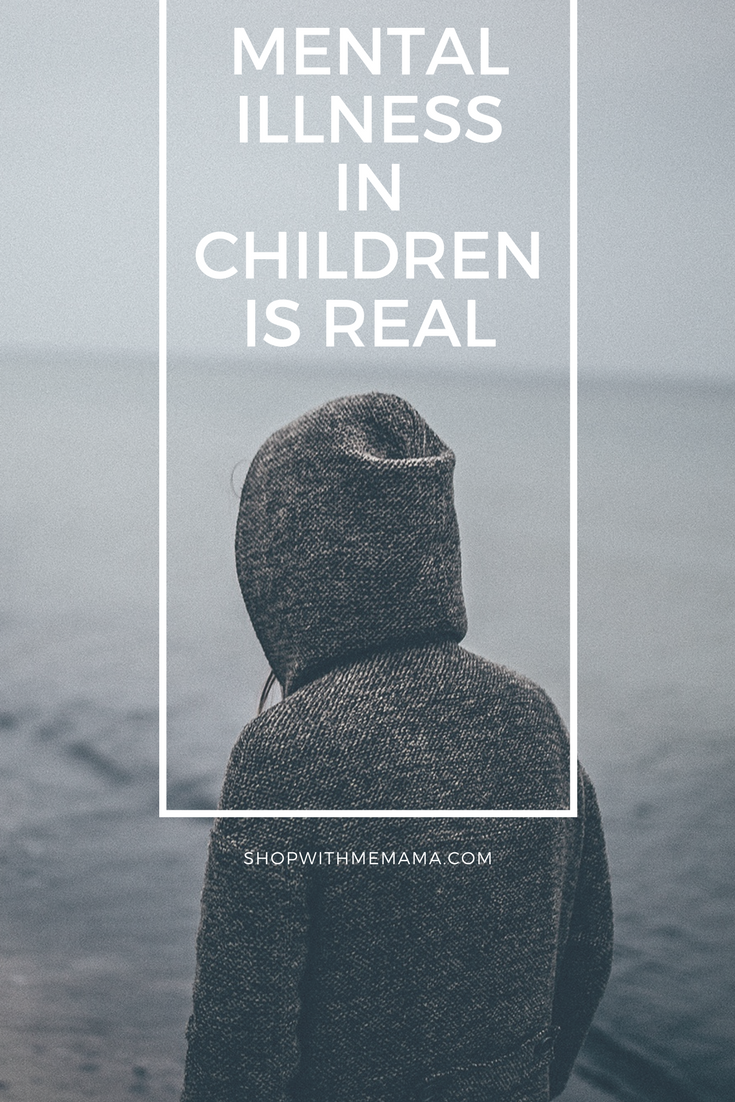Today we are talking about how Mental Illness In Children Is Real. When our children have a fever, we treat it with medicine. When our children have a scratch, we treat it with a bandage.
When our children break a bone, we treat it with a cast. Why then, if our children show signs of mental illness, do we act ashamed and fail to treat it just as we would treat anything else that ails them?

Mental Illness In Children Is Real
Mental illness in children is a real thing, and with proper treatment by an experienced child psychiatrist alongside concerted efforts in parenting, children can go on to live vibrant and successful lives. Left untreated, our children can fall behind academically, find themselves in desperate situations, or harm themselves or others. It’s time to be open about mental illness in children and stop sidestepping such a serious problem.
One of the most common mental illnesses in children is anxiety. You might just pass it off as a shy child or you might even chastise your child for their unwillingness to socialize, but it’s important to realize that what they are experiencing is REAL and that it truly affects them. Finding a good balance is important.
Socializing is key to a successful life, but you can’t force your child to do something that could potentially cause a nervous breakdown. Anxiety is a normal part of life, but too much of it at uncommon levels needs to be addressed and fixed to avoid problems in the future. Creating healthy habits for your children is important.
Another common issue is Attention Deficit/Hyperactivity Disorder (ADHD). This is most prevalent in boys, though it can affect girls as well. As a teacher, I can easily say that this is the most obvious disorder, but because of that, it’s also the most overdiagnosed.
Suddenly, any child that can’t sit still has ADHD and needs to be medicated! However, medication isn’t always the answer. Proper dieting, exercise, and sleep can work wonders, as can appropriate fidget devices and ample opportunities to get out of a chair.
Though less common, schizophrenia and bipolar disorders are also something to be aware of. These disorders can be noted by unexplainable mood swings that go from good to bad in a matter of minutes.
Some kids might even say that they hear voices in their heads or that they can’t remember certain parts of their day. These conditions are very severe, but not without hope. Children with either disorder, with proper treatment, can still lead fulfilling lives.
These conditions, of course, are just a small sampling of mental illnesses in children. It’s time we start acting positively to address what our children need in regard to mental health. Talking about mental illness shouldn’t make us uncomfortable.
Let’s stop saying that mentally ill people are crazy; that kind of talk doesn’t do anyone any good. If we open up our dialogue and embrace those who need our help, we can do a lot of good in the world of mental illness.